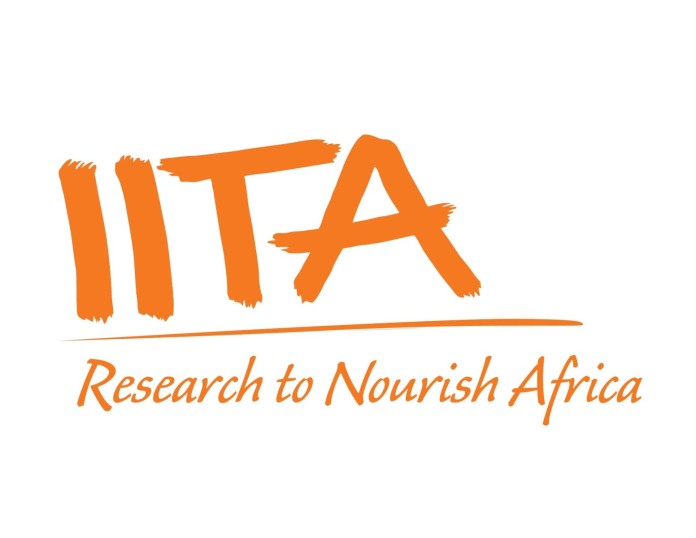The International Institute of Tropical Agriculture and China’s Academy of Tropical Agricultural Sciences have begun a partnership to improve food security and create jobs for the growing youth population in Africa.
The new partnership is part of China’s efforts to deepen collaboration with Africa in the area of agricultural development with the cooperation of the IITA.
CATAS, the agency promoting the collaboration with the IITA, described the partnership as a win-win situation for both China and Africa, especially in the quest for food sufficiency.
The IITA, a non-profit organisation founded in 1967 in Nigeria and governed by a board of trustees, is one of the world’s leading research partners in finding solutions to hunger, malnutrition and poverty.
According to the institute, it works with partners to enhance crop quality and productivity, reduce producer and consumer risks, and generate wealth from agriculture.
According to the Head of Communication, IITA, Katherine Lopez, under the proposed framework for CATAS and the IITA collaboration, both parties agreed to work together on crop improvement especially cassava, banana/plantain, spices, vegetables and cocoa.
The framework would also see Africa-China student and researcher exchange programmes that would engender learning and capacity development, she added.
Other areas include but are not limited to ‘germplasm’ exchange and upstream research such as the development of molecular markers, genomics, mechanisation, and breeding of cassava resistant to cassava mosaic disease and cold tolerant cassava varieties, according to the statement.
The IITA-CATAS collaboration is part of the IITA’s strategy to deepen partnership between the North and the South.
Receiving a delegation from CATAS, the Director-General of IITA, Nteranya Sanginga, who was represented by Alfred Dixon, said the proposal for joint cooperation was a step in the right direction.
“We are excited over this development and we want to work with you. The IITA is committed to working with CATAS to help China fight the scourge of crop pests such as cassava mosaic disease that is economically important to both China and Africa,” Sanginga said.
The leader of the Chinese delegation, Deputy Secretary-General of CATAS, Wang Jiabao, said his organisation was excited to visit the IITA and proposed that both organisations should initiate joint development in areas of mutual interest that would attract international funding from China and elsewhere for agricultural development.
In Nigeria, IITA and CATAS will be working with GAWAL, a private Chinese agricultural firm, on several agricultural issues. GAWAL has also offered to serve as a link between the IITA and other Chinese agricultural solution providers.






